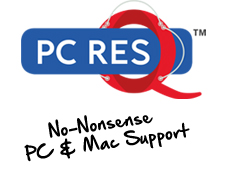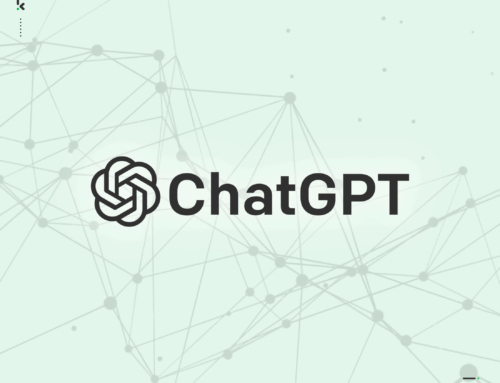Now and again, I hear a comment from those who don’t have AntiVirus protection on their computer – “I’ve never had a virus on my machine.”
But how can they possibly know if they don’t have an AntiVirus installed to protect and notify them of any infection?
Just like COVID-19, it’s best to immunise yourself from it, as the alternative could be fatal for some.
My view with anything, is that it’s always best to know, and if possible, to protect yourself from it.
But with personal information, it’s quite a different story…
We enter our email address and passwords on a daily basis without giving it much thought, but unbeknown to you, some of this information could already be in the hands of online criminals.
And unfortunately, you only get to find out about it when your login details are stolen and used for unethical reasons.
You can do your best by choosing complex passwords, but when this information is leaked, it doesn’t count for much.
Data leaks happen; it’s one of the downsides of the internet connected world. And more often than not, these leaks have nothing to do with you being irresponsible. Companies can suffer embarrassing data breaches, either through having their servers hacked, human error, or staff misconduct.
There are strict obligations on companies to report data breaches as soon as possible. These reports identify what accounts have been affected, and the good news is that you gain access to this information.
A website called Have I Been Pwned lets you enter your email address securely, and it’ll let you know if your account details has been included in a data breach, and with which company or website.
If the result lists one or more websites claiming that your email address and password was included in a data breach, I’d advise that you change the password for this website ASAP.
Click here to access Have I Been Pwned. https://haveibeenpwned.com/
Here’s my 2.1 Rules for Passwords…
1) Use a different password for every website.
2) Choose a minimum of 8 characters in length with a combination of numbers, uppercase and lowercase letters, combined with special symbols such as ! or #.
2.1) Ensure your banking password is very different to all other passwords.
P.S. Following point 1 above. If you think that having a different password for every website is a complete nightmare, then have a read of the system I’ve been using for years in the link here.





